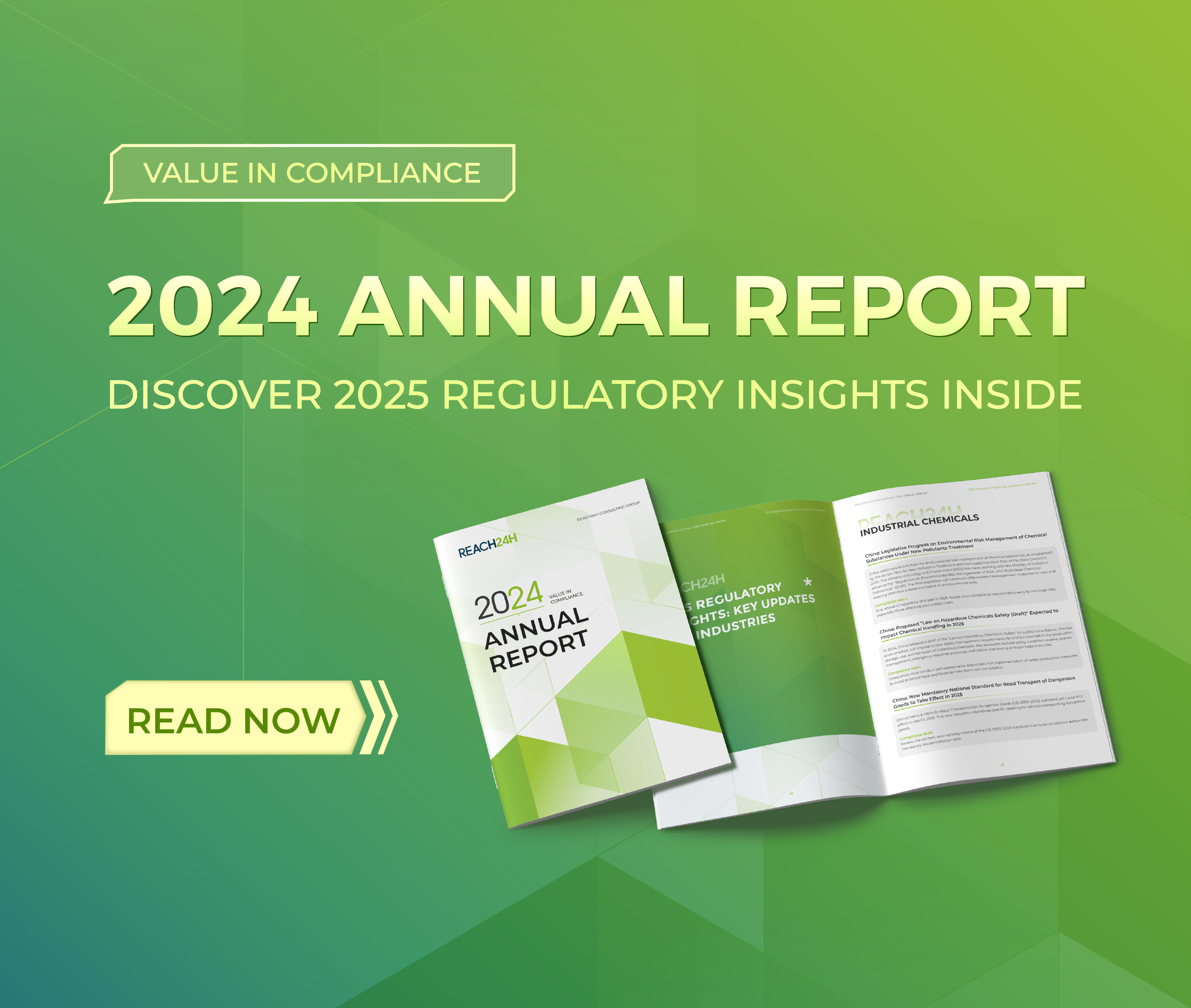China MOT Justified Nantong Jiangshan’s Transport of Pesticide goods
On April 29th, 316 pieces of Jiangshan’s dichlorvos goods to an agrochemical company in Gansu was seized by Gansu’s Transport authority for violating China’s regulation on transportation of hazardous goods, “Regulation on Road Transport of Dangerous Goods”. Thus Jiangshan appealed to MOT for help, and MOT agreed that the goods belongs in liquid organophosphate pesticide, which included in “Inventory of Dangerous Goods” (GB12268), shall not be subject to the transport regulatory measures on hazardous goods as an notice jointly issued by MOT, MOA, MPS and SAWS stated that the low toxic pesticide goods with limited amount of packages shall be regard as general goods in transportation. The MOT urged Gansu Transportation Department to make prompt release on the goods in consideration of currently farming season in China.
China’s administration on road transports of hazardous goods was based on “Regulation on Road Transport of Hazardous Goods”, which stipulated that the goods including in the “inventory of Dangerous goods”(GB12268) and other goods considered as hazardous by other regulations shall be governed under the Regulation. The GB 12268 not only listed the hazardous goods but also detailed the toxic classification, coding, package of the hazardous goods. For crop protection products, more than 100 kinds of pesticides have been listed in the inventory, they including: the carbamates, the organophosphorus, the copper based, the mecury based compounds, the arsenicals compounds, the organochlorines, the triazines, the thiocarbamates, the substituted nitrophenols, the organotins, etc.
However, industrial insiders argued that most the pesticide products presented in China crop protection market have been including in the inventory while some more hazardous pesticides were not yet listed and their safety for transport shall not only simply be judged by the inclusion or not. The “one-size-fits-all” criteria for transport administration by the inventory on pesticides will result in the paradox that in one hand large numbers of pesticide goods in needed were subject to unnecessary stringent supervision and usually cannot be applied for crop protection timely, on the other hand that some unlisted hazardous pesticide goods were transported and handled as normal goods.
Consequently, the Ministry of transportation, the Ministry of Agriculture, the Ministry of Public Security and State Administration of Work Safety jointly issued in 2009 a measure on transport administration of pesticides, which regulated that the pesticides goods with toxic and flammability properties below category Ⅲ (UN Recommendations on the Transport of Dangerous Goods, or the contained ingredients are registered as low toxicity and slight toxicity by ICAMA) can be regard and regulated as general goods for transports provided that they are packaged in limited amount and labeled with marks on the outer-packages under related provisions.
Nantong Jiangshan is among the top major agrochemical companies in China, with annual sales of over 1 billion Yuan in overseas market. However it has suffered net earning decline recently, mainly due to rising cost in glyphosate and dichlorvos business.


